This article is part of a series called How to Write a Resume. To start this series from the beginning, read the introduction.
Most of us, at some point in our careers, have applied to some job with some piece of flimsy paper called a resume. Sure, you may have poured your heart into it. You may have really wanted the job. But how do you know your resume got read? How do you know what kind of impression you made on the hiring team?
The sad truth is all employers skim resumes. If your resume doesn’t grab them by the “seat of their pants” (I wanted to write “balls”) within 15 seconds, you’re heading for the paper shredder.
| Resume Writing Series: |
|---|
So how do you skip the shredder and get noticed? How do you progress past the paper pile and land the joyous job interview? Simple. You only write the stuff hiring employers care about.
Here are 10 things that define a killer resume:
- Your resume isn’t about you. It’s about how you fit the employer’s job requirements. Always organize and select your most relevant accomplishments, skills, and experiences for the position. The most effective resumes are clearly focused on a specific job title and address the employer’s stated needs.
- Your resume must sell you in seconds. Show how you contribute to the position at a glance. Your resume is a failure if the employer doesn’t instantly see you have what it takes.
- Your resume is a marketing tool, not a personal document. Sell yourself, not your life story. Leave the personal stuff off your resume and focus on the skills that sizzle.
- Your resume highlights your accomplishments, not job duties or descriptions. Write your resume to emphasize what you did well, not what your duties entailed.
- Your resume must focus on your future, not your past. Don’t become a historian by documenting your life in resume format. BORING. No one cares what you did in 1975. Seriously. See #1.
- Your resume shows the skills you enjoy, not skills you have to use. Why focus on the stuff you don’t want to do? Highlight the skills you love! The Find Your Passion Worksheet (it’s not pervy, I promise) can help you identify your favorite skills.
- Your resume is not a confessional. You don’t have to tell all. Who cares if you were on sick leave with 8 kids to feed. Stick to what’s relevant, important, and marketable. You need to land the job interview, not a guest appearance on Oprah.
- Your resume must list the important facts first. Hiring teams will not stick around to find how the story ends.
- Your resume must be free from grammatical and typographical errors. Errors and typos are a big no-no. Get someone to review and edit your resume before you apply to the job. Pobody’s Nerfect.
- Your resume must have a clean layout. No one wants to read a garbled mess. If you can’t design your own layout, start with a template.
A killer resume increases the employer’s interest enough to land you a job interview. That’s it. A resume’s purpose is to get your foot in the door and take you to the next step. Hopefully, your next step won’t be to the dreaded paper shredder.
Ever have to read through piles of resumes? Got any killer resume tips for those job hunters seeking work in this challenging economy? Is your resume up to date?
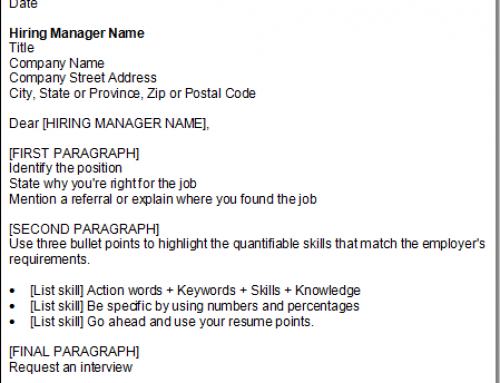
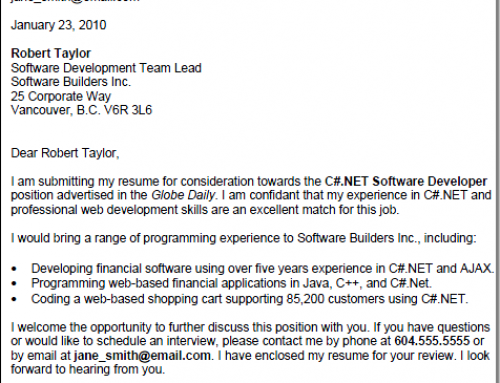
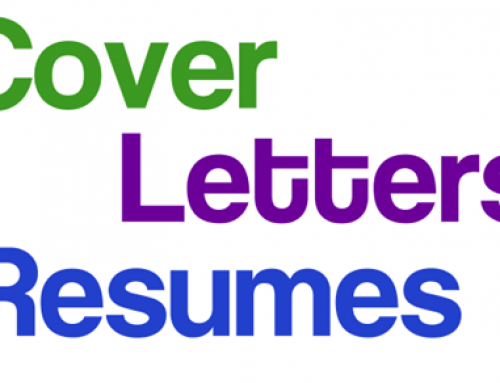
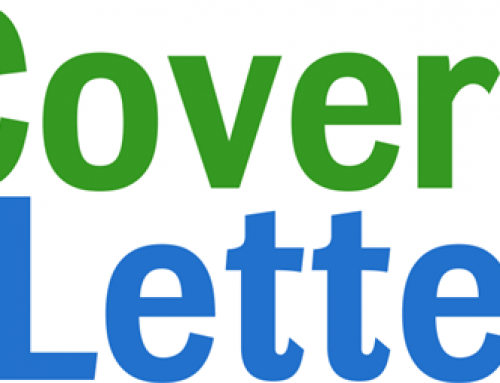
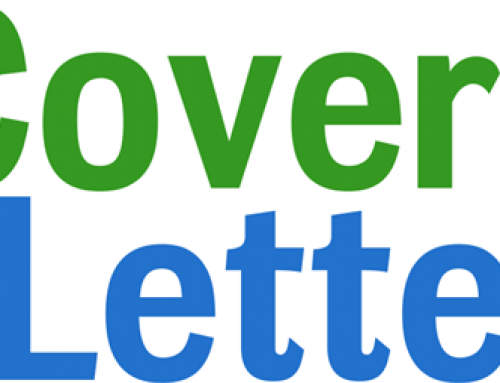
That is the one thing I hope to never have to write again!
Should the need arise, and I become jobless, I think I’ll have one of my kids pay my health insurance in lieu of wages, and I’ll retire to babysitting grandkids and running them around to after school activities…. professional nanny or such 🙂 That would work for me and the youngest would enter grades school the year I hit social security 🙂
@marci I hear ya. Writing a resume can (and is for many) a daunting task. I think I’m more immune to the task since I work in information technology, and the industry changes rapidly. It seems I need to update my own resume every few months just to reflect new technology usage, added skills, and marketable projects.
I think your “exit” strategy sounds amazing. 😀
Thanks for doing this series. I recently gave my resume a complete overhaul–and received a response from a potential employer the first time I ever sent it out! I changed it from chronological to skills-based, and it obviously made a huge difference. Also, I finally took off my high school accomplishments (although they were somewhat relevant to my career)–since high school was 14 years ago at this point. 🙂
I think #1 is key – “your resume isn’t about you.” I have a wide variety of skills and talents, and I find myself having to rewrite and reorganize my resume for every job I apply for. Most of the jobs I apply for don’t care that I’m bilingual in French and English; but obviously if I’m applying to be a translator, that needs to go in there.
In the academic world, a CV (curriculum vitae) is the equivalent of a resume, and it tends to go on for pages and pages, listing all of one’s papers, presentations, courses taken and taught, etc. I wonder if it’s worth starting from an all-purpose CV and then cutting and pasting from that every time you need a resume custom-made for the job you want?
One key I think is important to writing a quality resume is being very specific. If you are talking about your accomplishments, you need to specify how many students you tutored, how large a database you stewarded, or how frequently you did such and such. I have done very well with my resumes, so I say with some confidence that this catches an employer’s attention.
[…] subscribe to my RSS feed or my free email subscription to receive free updates. Thanks for visiting!10 Tips For A Killer Resume @ SqaukfoxBunch of free […]
Dear Fox, I’ve recently discovered your offerings courtesy G and M. Great in the main. A small criticism, if I may. I don’t ‘sucky’ is the kind of word we mature girls want to use/read. It’s a little bit teenage, in my view. And kind of diminishes the rest of the content. Sorry to offend, if I have. Apart from that, I think your site is great and I have no doubt I’ll become an avid reader. best, Hennie
Been working backwards through this series. Good stuff. Really useful to think about these things. Thanks.
Have you heard the trick of dressing like the person who can promote you? The same psychological concept applies when writing a resume. Use the same words and phrasing in your resume that you find in the job posting itself. It makes your resume stand out to the hiring manager even more because it matches it more closely. Using the same kind of language makes you seem more familiar.
[…] in your school or community. This means using the right language for maximum impact. Squawkfox wrote on how to write a great resume – this is worth a read because many of the same principles […]
[…] Under-whelming resumes. Squawkfox does much better justice on this topic than me. Make sure you follow these successful resume strategies. […]
Great site with enjoyable writing. I stumbled on this through b/net.
You’ve perfectly captured the keys to a killer resume. So perfectly, in fact, that I am sending this to a high school career counselor for whom I volunteer a few hours a year to conduct mock job interviews. The poor kids keep appearing with resumes that are patterned from a resume guide that must have been written in the 1950’s.
One commenter wrote about CV’s. A CV is very different from a resume and serves a different purpose. Academics are perversely interested in your personal history and the CV neatly wraps that up in a format prepared for ridicule or great impress. I am now seeing academic people provide both a CV and a resume, each written to respond to the different uses and requirements. Most of these resumes/CV pairs have resumes meeting the suggestion you outline above.
If I may suggest one more item to define a killer resume, ten items is boring and everyone appreciates a bonus these days: active voice writing. Kill all the passive voice phrasing. Write in short declarative sentences. Be brief and clear.
And now I’ll sign off because this is getting too long!
I tell my clients to consider a few things when writing a resume. First of all, what is your objective (the position that you are applying for)?. This will be the “controller” for your resume. It will help you to focus more as to what information to provide on the resume.
As for the information, the resume is about you, but write it in a way that tells employers what you can do for them. Think of it from a customer service point of view. “What can I do for you today?”
Everyone’s resume is unique and should not look like what you find in a book or website. You can use these sources as a “resource”, but your resume will still be quite individualized. Also, you will have a few resumes, not just one. I can be applying for an HR position, along with a teaching position at the same time, therefore I will have two resumes.
Just my two bits…. BTW.. I help immigrants look for work in Vancouver, BC! 😀 Been doing it for 9+ years now.
As an Employment Specialist I see a lot of resumes that are ineffective for job searching. The worst offenders tend to be the ones that are trying to be different with the idea of standing out from the rest. The use of computer graphics like boxes, lines, and diffrerent font styles clutters the page and makes it difficult to read. The majority of resumes all look the same as a result, not a standout at all. Try making your resume “clear and concise” with nothing on the page that distracts from what you want the reader to know. A balance of white space and type face that is easy on the eye. Show them what they are looking for and you entice them to invite you in for an interview.
[…] 10 Things that Define a Killer Resume http://www.squawkfox.com/2008/11/17/10- […]
[…] Ten Things that Define a Killer Resume: http://www.squawkfox.com/2008/11/17/10-things-that-define-a-killer-resume/ […]
I’ve been told that my resume labels me as a “doer” and not an “achiever”. How does one write an effective resume highlighting achievements when the very nature of the job allows no opportunity for “achievements”? In my 37 years of being a secretary/administrative assistant, I’ve never encountered a boss who accepted any of my ideas or otherwise allowed me to initiate/take on any special projects. So…what do I do??